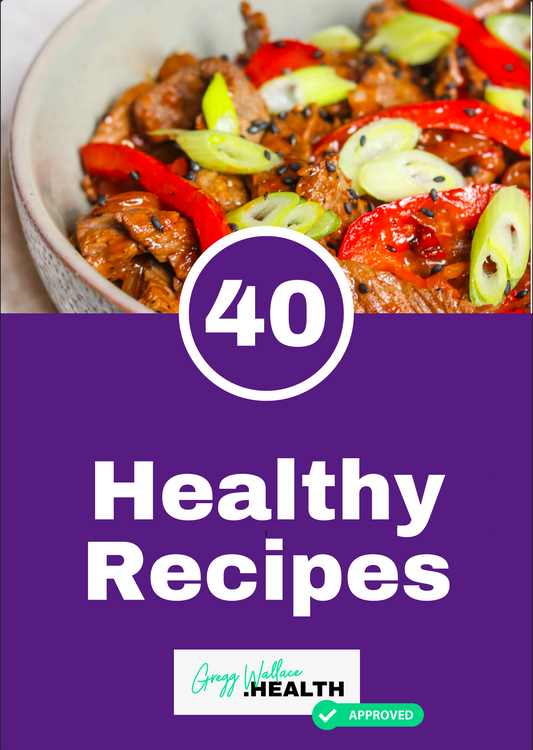Overcoming the Urge: How I Learned to Listen to My Body, Not Just My Brain
Hello, I'm Julia, a 34-year-old from Germany, and a proud member of the GreggWallace.Health community. Like many of you, my path to a healthier, happier self has been a journey of discovery and challenge. My story today focuses on a concept that resonated with me and Gregg during one of his Instagram live chats: brain hunger.
Brain Hunger: What's That?
Brain hunger might sound odd at first, but it's a phenomenon many of us experience. It's when your brain dictates your eating habits, ignoring the actual physical signals of hunger. For years, I was a slave to my brain's whims, eating without a schedule and often indulging in foods that were less than nutritious. This habit contributed significantly to my struggle with weight.
Tackling the Challenge
My real commitment to change began when I joined GreggWallace.Health. Those initial days were tough, trying not to revert to old habits of eating whenever my brain nudged me to. Recognising these moments and choosing a different response was key. Despite the brain's cravings, I wasn't physically hungry, especially after consuming three fulfilling meals a day. Sometimes, a simple drink would suffice to quell the urge.
Victories and Insights
Day by day, the grip of brain hunger lessened, leading to a profoundly satisfying sense of control. Understanding that brain hunger is a habit – and like any habit, it can be reshaped – was liberating. Whenever I faced cravings, I paused to assess: Was it genuine hunger or just my brain playing tricks? Adjusting meal sizes ensured I wasn't physically hungry between meals, which helped a great deal.
A Personal Reflection
This journey is mine, but I share it hoping it might light a path for others facing similar struggles. Each of us needs to find our own strategy to break free from the patterns that hold us back. For me, confronting and overcoming brain hunger was a pivotal step towards not just a healthier diet, but a more mindful, intentional approach to eating and well-being.
Key Takeaways:
- Understand Brain Hunger: Recognise when your eating is guided by mental cues rather than physical hunger.
- Be Mindful and Pause: Learn to pause and assess your hunger. Are you truly in need of nourishment, or is it a habit or craving at play?
- Adapt and Overcome: Adjust your eating habits and meal sizes to ensure your body gets what it needs, reducing the chances of brain hunger taking over.





